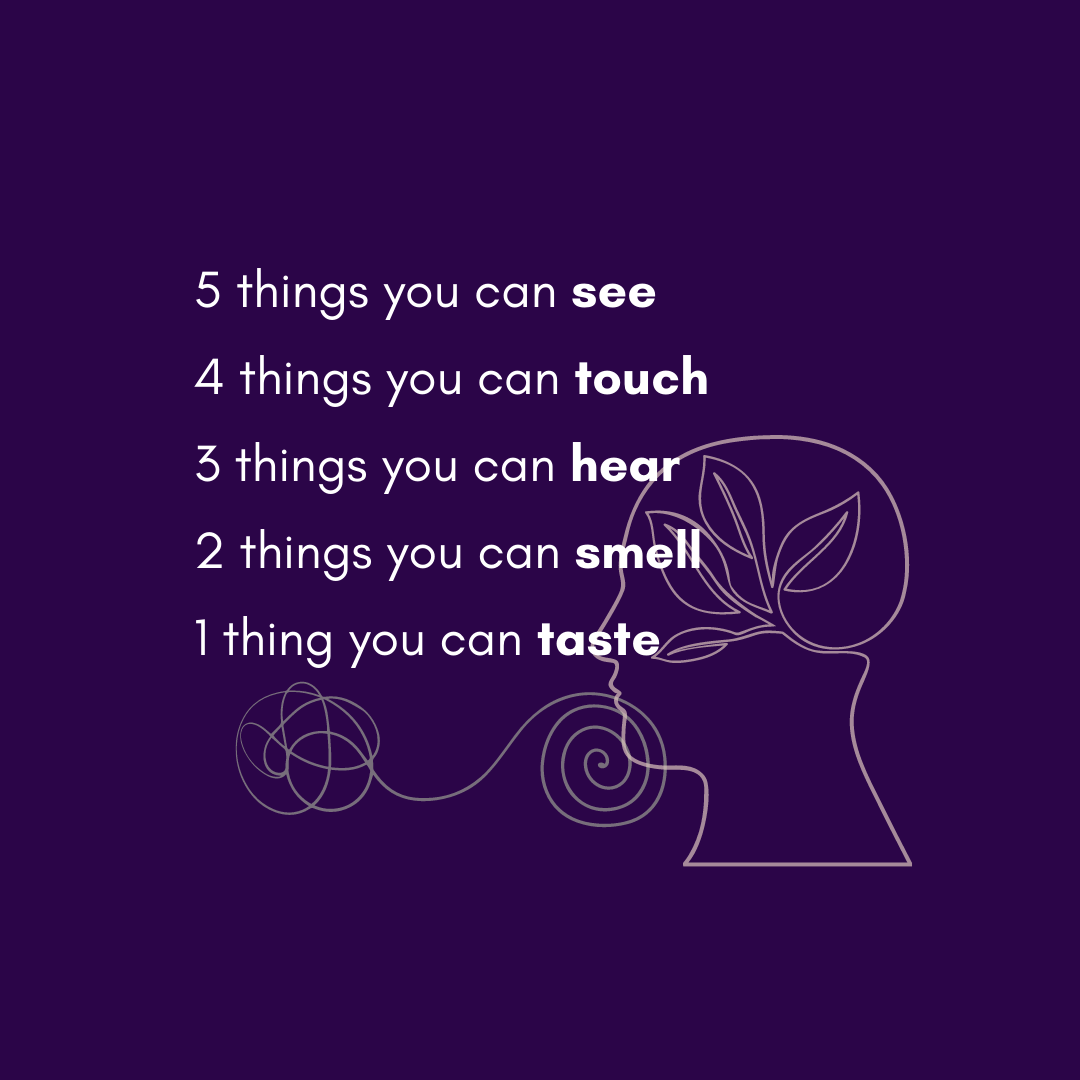R.E.S.T.
R.E.S.T. Find Out What It Means To Me?

Being a recovering people pleaser and over achiever means that rest was never part of my vocabulary, until recently. Staying busy is an active and effective way to avoid hard things. Societally, rest is perceived negatively, and isn’t constructively talked about as a tool to help us reach our full potential. Pressures, deadlines, and the next newly released items have us all scrambling from one thing to the next. Rest is a vital tool needed to find the balance and the inner peace that we all seek through therapy.
Rest will look different for each of us, but what I have found to be most important on this journey is stillness and quiet. I would sit through hours of TikTok scrolling, Facebook perusing, and binging Netflix shows to be left with no motivation to complete my lurking to do list. A similar process I hear from many clients. This is because physical stillness does not always bring mental stillness. Our brains that are hard wired for stress, anxiety, and fight or flight also need time to become still.
“During stress, your body experiences fight or flight—physiological arousal—heightening your senses due to perceived danger. You may experience an increased heart rate and blood pressure during this state, slowed digestive functioning, increased hormone levels (like cortisol), and other responses.
Resting activates the parasympathetic nervous system—the opposite of the sympathetic nervous system, which is the flight-or-fight response. Regularly scheduled breaks—daily and weekly—allows you to refresh your perspective, and in turn, make better decisions. Rest is only significant when you purposefully do it” (Forbes).
Here are 4 ways to cultivate R-E-S-T:
R - Reflection of Practicing Gratitude: Write 3-4 things per day that you feel grateful for.
E - Empty your Brain: Having a hard time to get your brain to quiet down? Take a piece of paper and bullet out all the thoughts that are swirling within the brain.
S- Stillness: Slow your breathing by trying box breathing - https://www.youtube.com/watch?v=ynhMhp1PoGI
T- Tranquility: Use meditation, to take 5 minutes to mentally go sit at the beach or use the 5-4-3-2-1 Senses Technique (
https://www.youtube.com/watch?v=30VMIEmA114)

Will you take the challenge this week, still your brain, and find out what R-E-S-T means to you?
Looking for someone to help reduce the stress, anxiety, and overwhelm in your life, contact Restore at 616-228-9244 to schedule an appointment today!
Karol Chubb, MA, LLMFT is a therapist with Restore Therapy Collective (100% telehealth), and has a passion for healing the deep roots of personal trauma. Her therapy approach is to collaboratively to build a safe and authentic space to guide you, laugh with you, cry with you, and cheer you on as you find new ways of engaging with the world. She loves horses, fishing, campfires, being outside, her pet rabbit, reading, and Brene Brown wisdom.
Restore Therapy Collective



